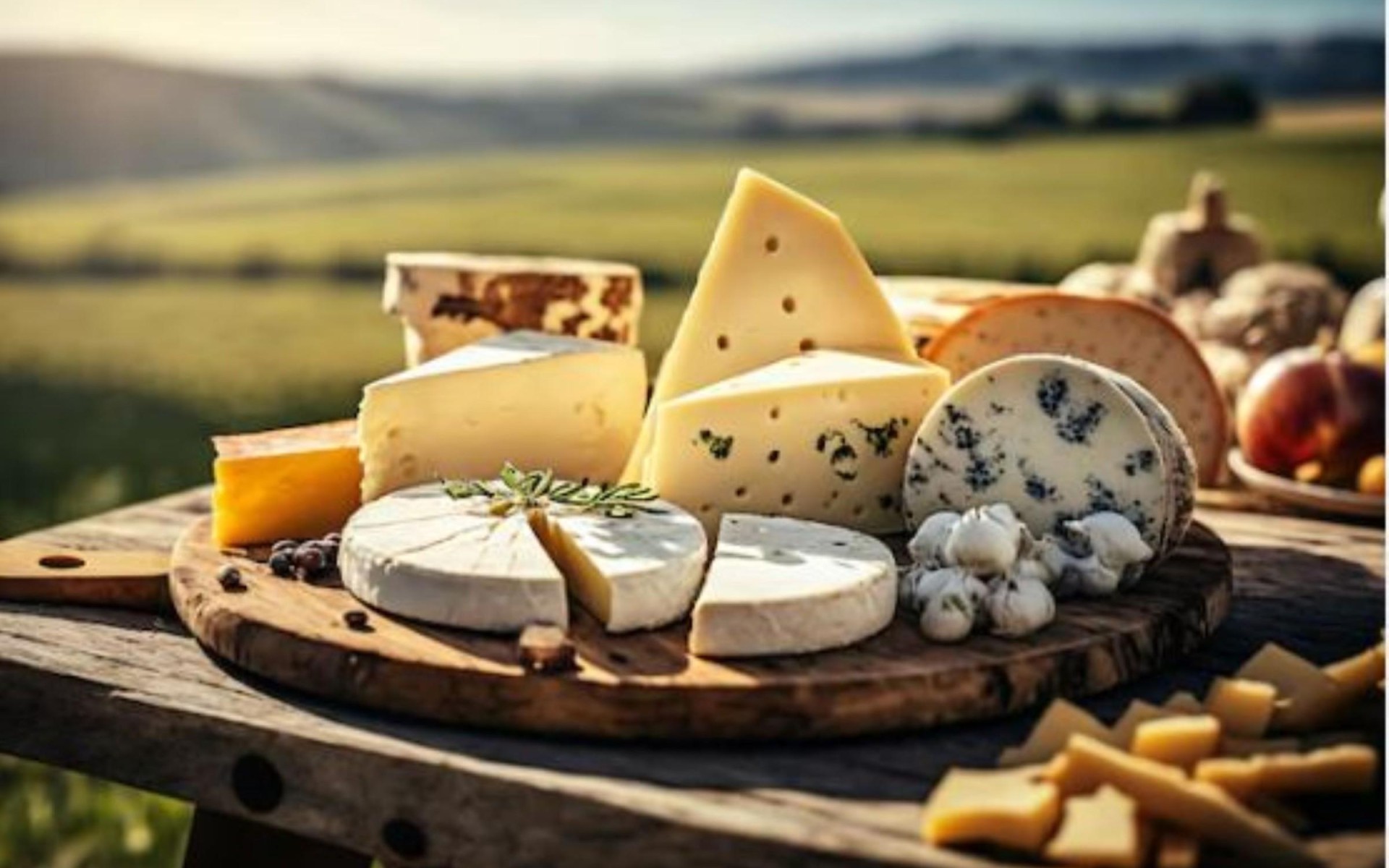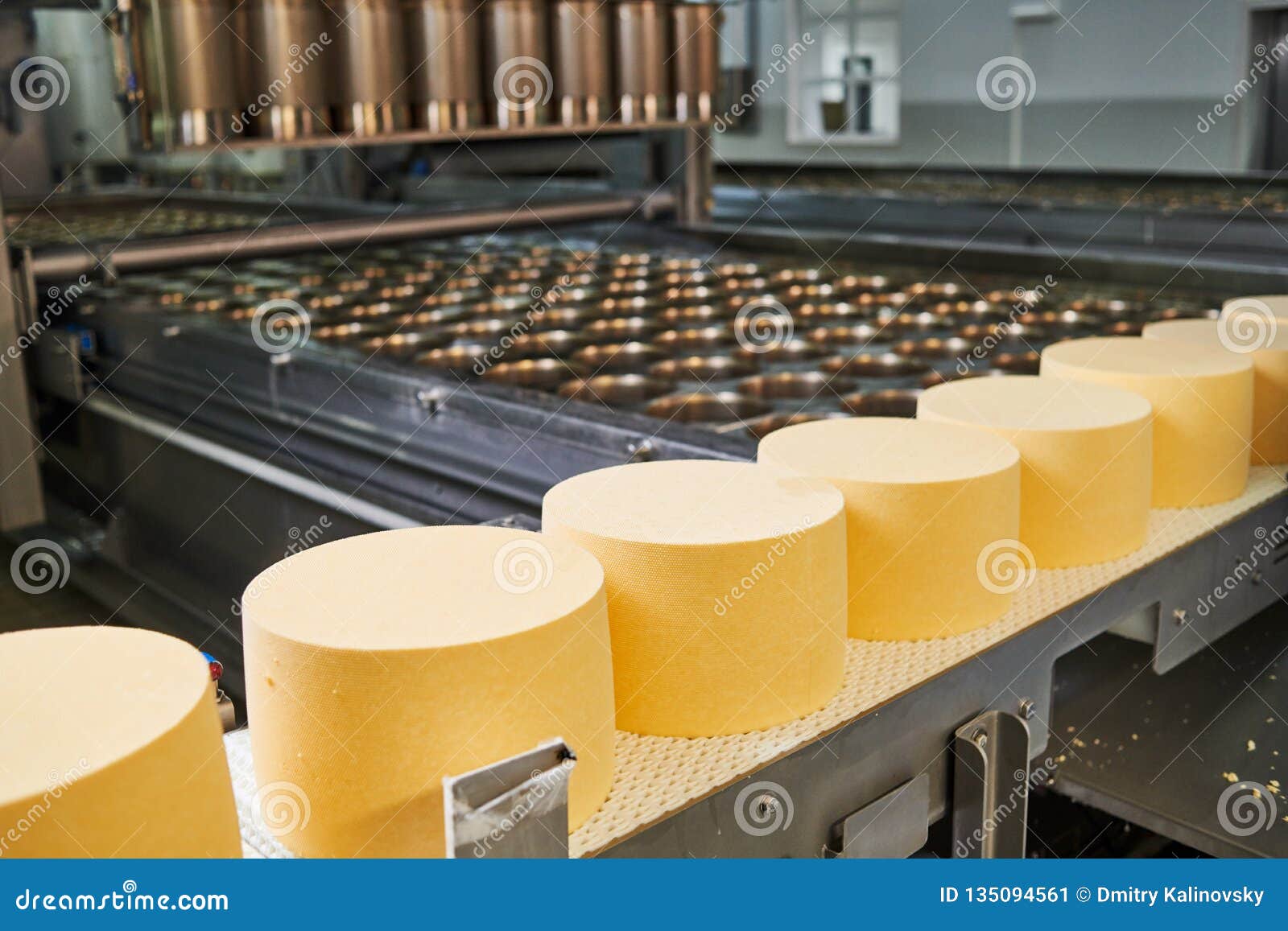Check Out the Top Cheese Factory Melbourne for Fresh Creations
Check Out the Top Cheese Factory Melbourne for Fresh Creations
Blog Article
An In-Depth Look at Cheese Manufacturing: Active Ingredients, Methods, and the Future of Artisan Cheeses
The elaborate process of cheese manufacturing is a fascinating convergence of art and scientific research, where premium milk, rennet, and details bacterial societies function as foundational aspects. Conventional strategies, such as salting and aging, are complemented by contemporary innovations that react to progressing customer preferences. As the sector significantly focuses on sustainability and transparency, the future of artisan cheeses promises to reflect both heritage and progression. Comprehending the nuances of these practices raises compelling inquiries concerning the instructions of cheese production and its implications for quality and authenticity. What lies in advance in this progressing landscape?
Secret Components in Cheese Manufacturing
A variety of important ingredients play a crucial duty in cheese production, each adding to the end product's taste, structure, and character. The key ingredient in cheese is milk, which can originate from numerous resources, including cows, goats, and sheep - cheese store melbourne. The type of milk used considerably influences celebrity's preference and consistency; for circumstances, cow's milk usually produces creamier cheeses, while goat's milk typically produces zesty selections
Another important active ingredient is rennet, an enzyme used to curdle the milk, separating it right into curds and whey. The resource of rennet can be animal, vegetable, or microbial, each giving distinctive characteristics to celebrity. Cultures, consisting of particular stress of bacteria, are additionally important to the cheese-making process. They ferment lactose right into lactic acid, helping in flavor development and appearance.
Salt not just enhances the flavor however likewise serves as a chemical, hindering the growth of unwanted microorganisms. In addition, various flavoring agents, such as herbs, seasonings, and even smoked timber, can be included in produce distinct artisanal cheeses. With each other, these active ingredients develop the structure of cheese manufacturing, setting the stage for varied and abundant cheese ranges.
Conventional Cheese-Making Methods
Using traditional cheese-making strategies, craftsmens around the globe protect time-honored methods that have been passed down via generations. These strategies often stress making use of high-grade, locally sourced milk, which is main to the distinct tastes and textures of artisanal cheeses. The procedure generally starts with the mindful heating of milk, followed by the addition of societies and rennet to assist in coagulation.
As soon as the curds create, they are cut, permitting whey to drain, an important step that affects moisture content and appearance. Salting is an essential element of this procedure, improving taste while also acting as a chemical.
Aging, or affinage, is an additional critical component, during which cheeses develop their particular fragrances and tastes. Artisans might employ particular maturing atmospheres, making use of humidity and temperature controls to improve the cheese's profile. The dedication to these typical approaches more information not just supports regional economies yet also adds to the abundant diversity of cheese varieties found internationally, commemorating cultural heritage and artisanal craftsmanship.
Modern Technologies in Cheese Production
Just how have technical developments transformed cheese manufacturing in recent years? The integration of modern-day innovation has changed both the performance and top quality of cheese manufacturing.
Additionally, developments in microbiology have actually enabled cheesemakers to pick particular microbial cultures and enzymes, optimizing taste profiles and boosting rack life. The use of sensor innovation for keeping an eye on fermentation problems has likewise ended up being widespread, permitting for linked here real-time adjustments to preserve optimal environments for cheese aging.

These advancements not only boost the high quality and sustainability of cheese production however also equip craftsmen producers to maintain conventional tastes while embracing contemporary performance. As technology proceeds to develop, the future of cheese production looks promising, mixing practice with advancement.
The Role of Terroir in Cheese
In the world of cheese production, terroir plays a pivotal function in defining the distinctive features of different cheeses. Terroir, a French term typically associated find more info with red wine, incorporates the environmental factors that influence agricultural products, consisting of dirt composition, climate, and regional plants and fauna. In cheese-making, the one-of-a-kind attributes of the region where the milk is sourced can convey details tastes and textures to the end product.
As an example, the grazing problems of milk animals considerably affect the milk's make-up, influenced by the kinds of lawns and natural herbs readily available in a particular location. This varies not only between nations yet likewise in between areas within the exact same nation. Furthermore, the microbial neighborhoods present in the atmosphere contribute to the fermentation procedures, leading to varied profiles in flavor and fragrance.
Cheeses such as Roquefort, Parmigiano-Reggiano, and Cheddar exemplify exactly how terroir can form their identifications, making them distinctive and usually safeguarded by geographical indicators. As producers increasingly identify the importance of terroir, there is a growing focus on sourcing local ingredients and preserving typical practices, making certain that each cheese really mirrors its origin.

Future Fads in Artisan Cheeses
A noteworthy change is happening in the artisan cheese field, driven by evolving consumer preferences and technical developments. Significantly, customers are gravitating toward distinct, top notch products that stress both sustainability and regional sourcing - cheese factory melbourne. This trend is motivating artisan cheesemakers to innovate, concentrating on small-batch production and making use of standard methods while integrating modern technology to boost quality and safety
Additionally, there is an expanding rate of interest in plant-based and alternative milk products, pressing traditional cheesemakers to explore new opportunities, such as cashew or almond-based cheeses. This shift not just accommodates dietary limitations yet likewise straightens with ecological issues concerning pet agriculture.
Additionally, openness in sourcing and production processes is becoming critical. Customers are much more enlightened and demand traceability, prompting manufacturers to embrace clearer labeling practices and engage in narration that highlights their methods and values.
Conclusion
Finally, the elaborate procedure of cheese manufacturing melds standard strategies with modern-day advancements, resulting in a diverse selection of tastes and textures. The emphasis on premium components and the impact of terroir underscore the virtuosity associated with cheese production. As the market advances, an emphasis on sustainability and transparency will likely form the future of artisan cheeses, catering to a progressively critical consumer base that values credibility and craftsmanship in milk products.
Report this page